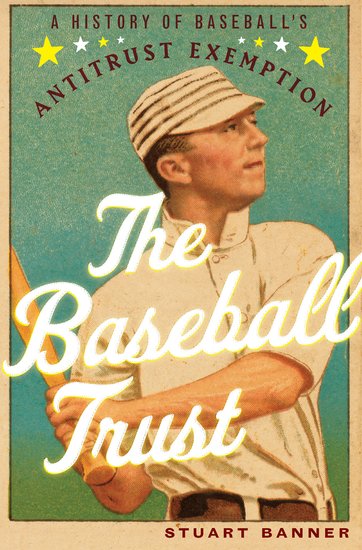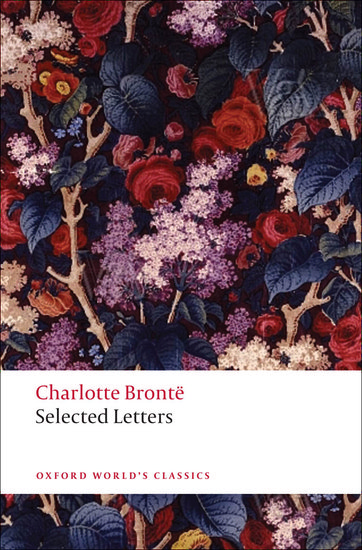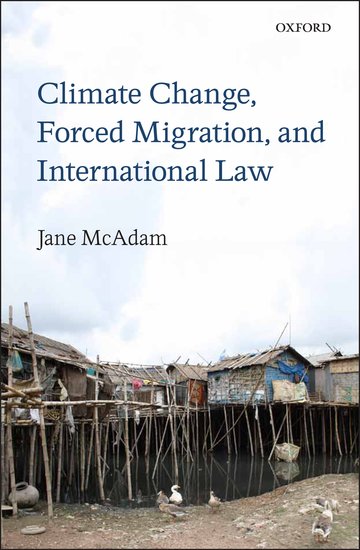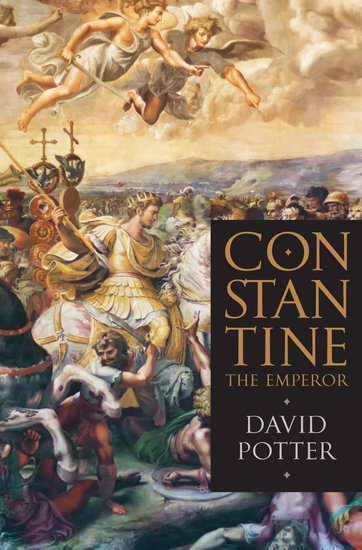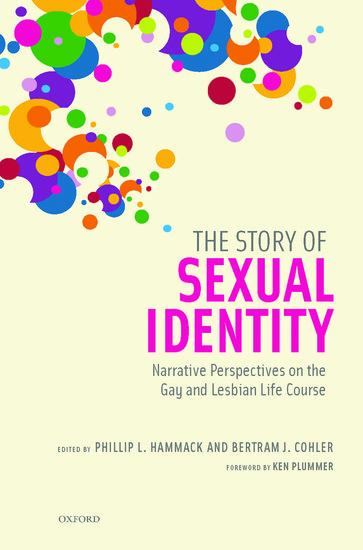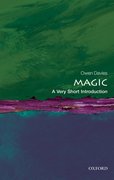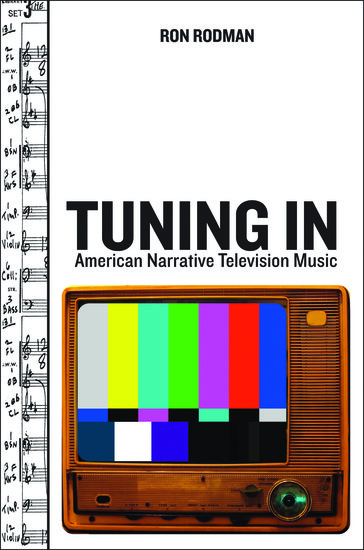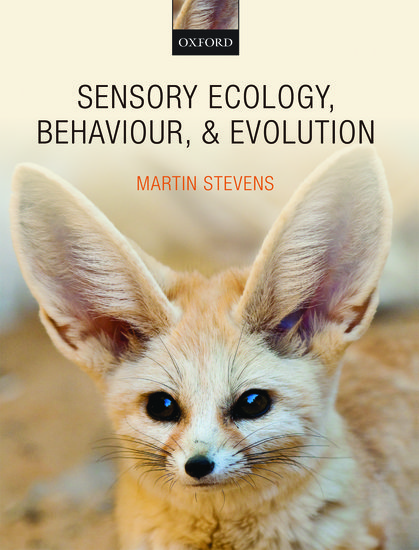An Oxford Companion to Game of Thrones
The long-awaited third season of Game of Thrones premiers on HBO 31 March 2013 and Oxford University Press has everything you need to get ready, whether you’re looking to brush up on your dragon lore, forge your own Valyrian steel, or learn about some of the most dramatic real-life succession fights culled from our archives.


